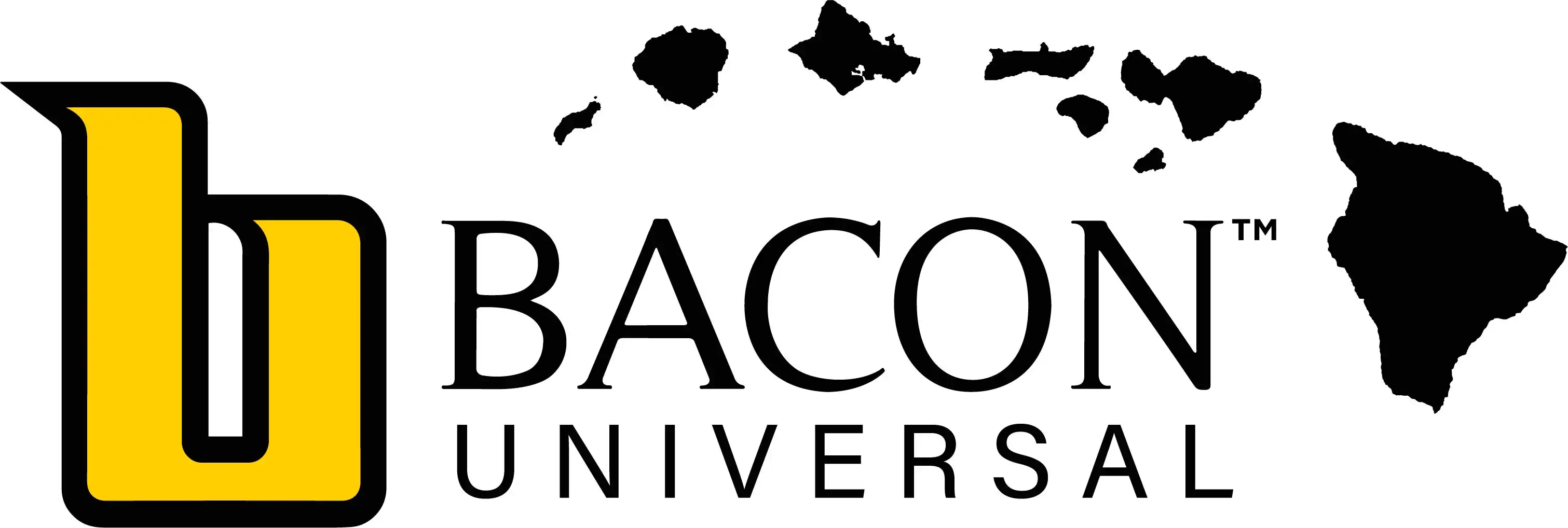Successful Delay IRS Removal of AEDs from Honolulu Office
The IRS office in Honolulu and 45 other offices across the country will continue to have access to automatic external defibrillators following intervention from Senators Mazie K. Hirono and Brian Schatz in opposition to the IRS’ plan to remove the devices.
The IRS suspended its plan to remove AEDs from offices with less than 100 employees pending a reevaluation of the removal plan, which must be completed by April 1, 2019.
“I commend the IRS’ decision to reevaluate its plan to remove these life-saving devices from its office in Honolulu and across the United States,” Sen. Hirono said. “Employees with in-office access to an AED and proper training increase the likelihood of saving the life of someone suffering from cardiac arrest. This decision prioritizes the health and safety of IRS employees and office visitors, and I strongly urge the IRS to keep these devices in place on a permanent basis.”
“I thank the IRS for doing the right thing and keeping this life-saving device in its Honolulu office,” Senator Schatz said. “Every 40 seconds, someone in our country has a heart attack. The presence of more AEDs in public places like this means we can give more people a better chance to survive.”
“Sen. Hirono and Sen. Schatz are to be commended for their commitment to protecting the health and safety of IRS employees and the taxpayers who come to their offices around the country,” National Treasury Employees Union National President Tony Reardon said. “We are glad the IRS agrees with NTEU and the senators that this issue of keeping automated external defibrillators in smaller IRS offices deserves a second look.”
“More than 350,000 cardiac arrests occur outside of a hospital each year, and less than 10 percent of those victims survive,” said American Heart Association Hawaiʻi Division Board President Kahealani Rivera, M.D., a Honolulu cardiologist. “A victim’s chance of survival decreases by 7 to 10 percent for every minute that passes without defibrillation. Ensuring that automated external defibrillators are available in workplaces, and that employees are trained to use them, can mean the difference between life and death.”
Earlier this year, sixty-eight employees at the Honolulu IRS office sent a petition to both Senators in support of keeping AED units available to Hawaiʻi IRS employees. IRS employees are represented by the National Treasury Employees Union.
Last month, Senators Hirono and Schatz sent a letter to IRS Commissioner Charles P. Rettig requesting that IRS reevaluate its plan to remove the AEDs. The move would have forced the removal of AED defibrillators from dozens of IRS offices, including the Honolulu IRS Office and 45 other offices across the country. AED devices are currently available for trained employees to use and to treat victims in the event of a cardiac arrest in IRS workers or members of the public.
In July, Senators Hirono and Schatz also offered an amendment to S. 3644, the Financial Services and General Government appropriations bill, which would have required the IRS to not spend any allocated funds to remove AEDs from its offices. The amendment was not included in the Senate’s version of the bill, which remains in a conference committee between the Senate and the House of Representatives.








